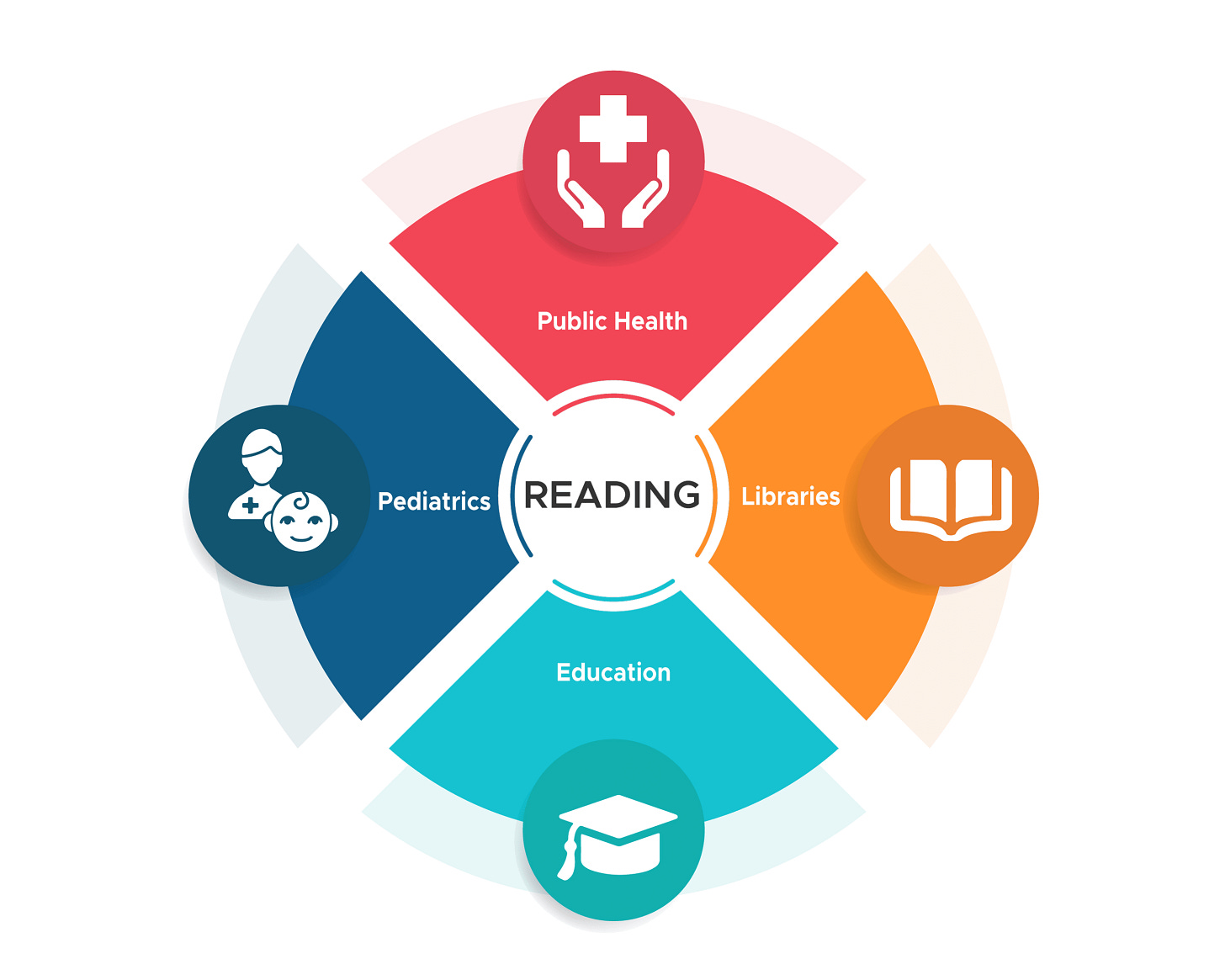Welcome! Thank you for taking the time to read the inaugural issue of Early Literacy for School Districts. I am Melissa Hostetter. I am a teacher, certified dyslexia practitioner and literacy advocate. Over the last few years, the primary discussion in literacy has been around elementary instruction. However, there has not been enough discussion or guidance around literacy readiness in years 0-5 (or middle and high school for that matter, but that is a completely different newsletter). This fact bewilders me because we know that during the ages of 0-3, development takes place at a pace that far exceeds the pace during any other period of life.
I am passionate about this time because if we can make a change early on, there is hope. Hope gets me up in the morning.
I sincerely hope you find this newsletter informative. Please share!
Let’s get started, shall we?
I. Early Talk
We know the time surrounding the COVID-19 pandemic resulted in less oral language development for young children. A reliance on technology to teach our children has resulted in less back-and-forth with caretakers.
"Kids who engage in more back-and-forth dialogue with adults when they are 18-24 months old tend to have a significantly higher IQ and better language skills as adolescents than kids who lack frequent back-and-forth adult-child conversation”
-Reading For Our Lives: A Literacy Action Plan from Birth to Six by Maya Payne Smart
Are you tuned in to LENA-Building Brains Through Early Talk? LENA is a “national nonprofit on a mission to transform children’s futures through early talk technology and data-driven programs.”
There are a variety of reasons why children arrive in Kindergarten without the skills they need to succeed. LENA focuses on the aspect of early talk. LENA uses technology to measure “conversational turns”- back and forth conversation between adults and children.
LENA has a variety of “ready to launch” programs for the community with the intent to increase early talk. LENA Grow for early childhood classrooms/child care centers. LENA Start for parent group classes and LENA Home for home visiting programs.
Challenge:
Can you envision a way that your district can use LENA? Perhaps you are inspired to reach out to your local library about a partnership.
II. Alphabetic Principle
We know that in order to sound out words, students must hear the sounds in the words first. The Florida Center for Reading Research has many activities for Pre-K students to aid in the formation of phonological awareness.
Watch Marnie Ginsburg from Reading Simplified work on early decoding with a pre-school student. This student is a new 4 year old and is not ready to decode. The teacher (Dr. Ginsburg) does most of the work for him. However, it is a fantastic look at why phonological awareness is so important and where it will eventually lead this student. (3:30-6:20)
Challenge: What is your district doing in order to ensure strong phonological awareness instruction in the early grades?
Deeper Dive: LETRS for Early Childhood Educators
III. Community Connections- All Hands on Deck!
The main goal of this newsletter is to encourage districts to pursue community partnerships in the formation of readers. For decades, the onus for reading instruction has been placed squarely on the shoulders of parents and schools. However, there are many community entities that play (or can play) a role in teaching reading.
School districts owe it to students (and themselves) to create partnerships with: pediatrics, other educators (child care centers, Head Start, etc…), public health agencies and libraries. In February, I will begin to outline how each entity lends itself to the creation of literate children and adults.
Cheers!
Melissa







